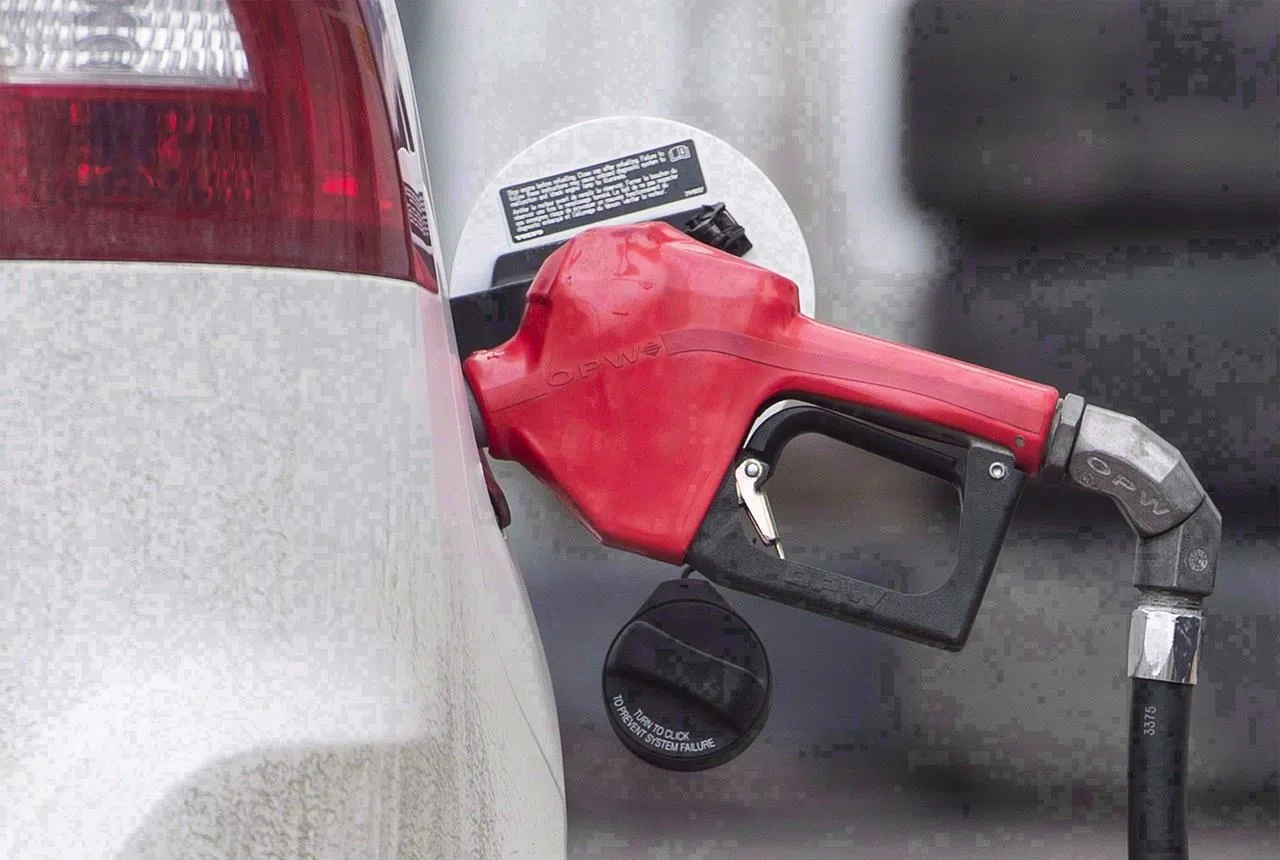
B.C. fuel up 4 cents, more hikes due as ‘bumpy’ year looms at pumps: expert
VANCOUVER — Extreme volatility in oil markets has resulted in a price jump for gasoline of four cents a litre in Metro Vancouver and an analyst predicts a further hike could arrive within days.
Dan McTeague, a senior petroleum analyst at GasBuddy.com, says Vancouver residents will be the “poster children” for what he expects will be a wild year for gas prices Canada-wide.
He says the four-cent increase is the culmination of a series of events, including the explosion of the Enbridge natural gas pipeline in October and the unexpected maintenance shutdown of the Olympic pipeline last month in Washington state.
McTeague says traders are still rebounding from those events and must cover gasoline demand in Oregon, Washington and southern British Columbia, prompting the latest hike and another boost of what he predicts could be a “penny or two,” by Sunday.


